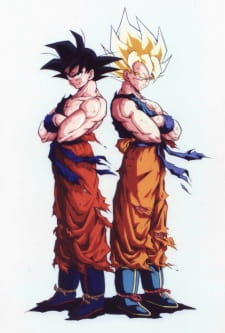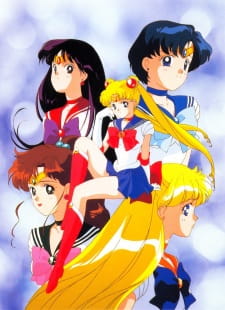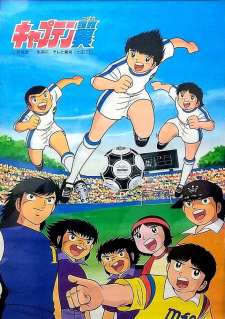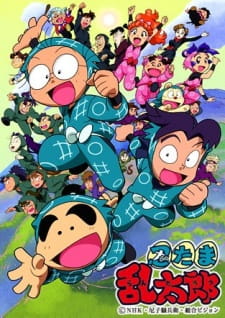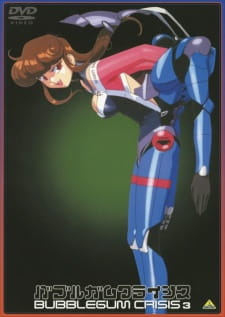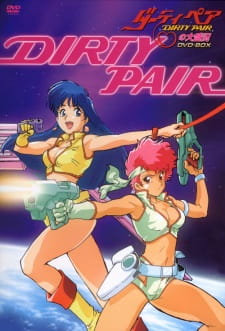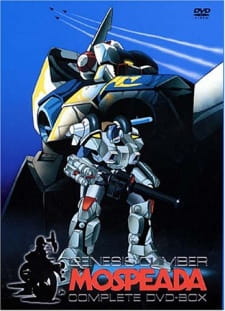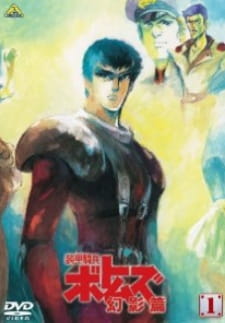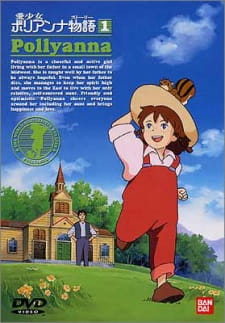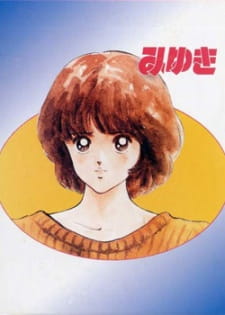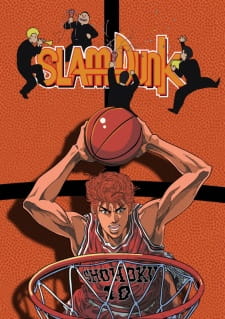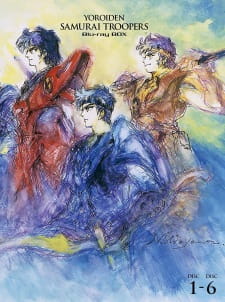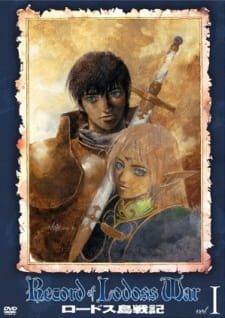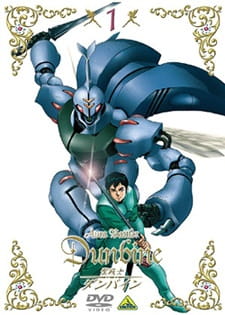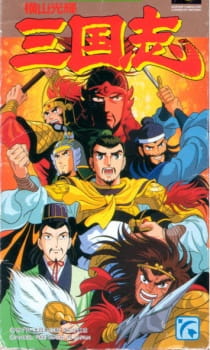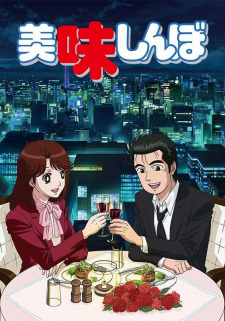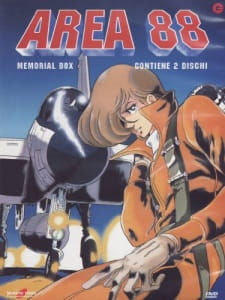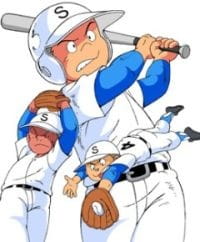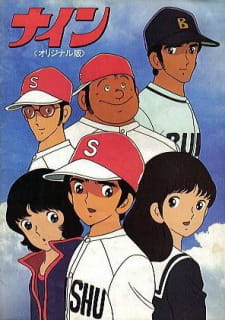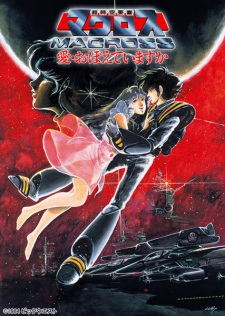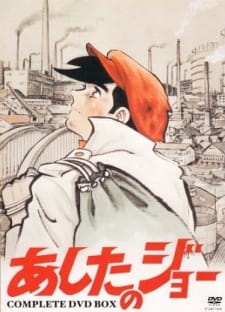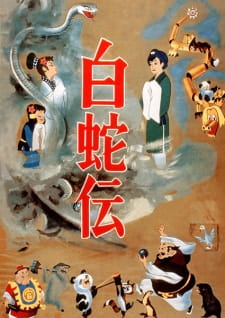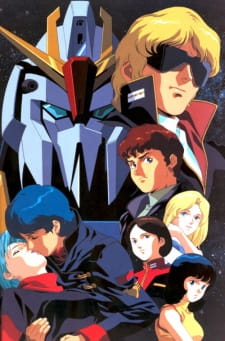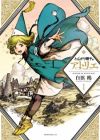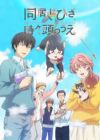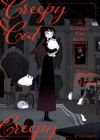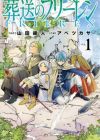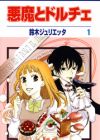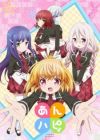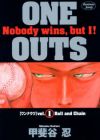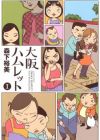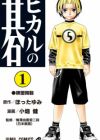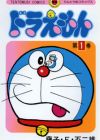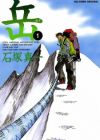The "New Age" - History of Anime Music - Chapter 2 (1982 - 1995)
Anime
This is the second part of a collection of articles where I aim to explore the evolution of anime related music. This part of the list attempts to collect a list of most iconic performances on the "New Age" of anime music.
The term "New Age" used in this list refers to a phase after the "Anime Songs" phase. During this phase there started being more "tie-up songs" that that essentially were "tied" to the animated series in order to gain more exposure and market reach to the song itself. This was an interesting approach for many as it opened a new model on how to sell these products to the market.
The theme songs essentially dropped that strong connection to the series demonstrated by their lyrics and the emotion invoked by the song related to the series. Instead of that the song and the lyrics talk about the series or the characters with an indirect manner forming a supposed link between the performance and the series in question.
The supposed link consists of "the spirit" of the performance which refers to the indirect nature of the performance in relation to the series itself, and "the product" which refers to the stand alone nature of the performance itself as observed without the supposed connection to the initial series. The root of "the spirit" can be said originating from the earlier phase.
These types of theme songs were more common and popular after 1980s. The defining moment that can be said had influence on changing the theme songs away from this model is the popularity of the series "Urusei Yatsura" and how it used to promote a several "tie-up" songs that in contrast to "Anime Songs" by their nature don't necessarily have anything to do with the series, story or the characters as far as the direct approach goes.
I will write my thoughts on each of the entries on this list to further explain why I think the series and the theme songs included as a combined package have attained "iconic" status when it comes to the scene of "New Age" anime music in contrast to the "Anime Songs". I will also give a score related on how well "the spirit" and the "product" perform parallel to each other while complimenting the series as a whole. The series are ordered based on that score.
The term "iconic" in this list is defined by the popularity and how deeply established the spirit and the elements of the performance relating to the spirit establishing the product are in addition of them being supposedly intertwined with the series as a whole experience.
Related stacks:
Chapter 1 - https://myanimelist.net/stacks/24451
Chapter 2 - https://myanimelist.net/stacks/24454
Chapter 3 - https://myanimelist.net/stacks/24455
The term "New Age" used in this list refers to a phase after the "Anime Songs" phase. During this phase there started being more "tie-up songs" that that essentially were "tied" to the animated series in order to gain more exposure and market reach to the song itself. This was an interesting approach for many as it opened a new model on how to sell these products to the market.
The theme songs essentially dropped that strong connection to the series demonstrated by their lyrics and the emotion invoked by the song related to the series. Instead of that the song and the lyrics talk about the series or the characters with an indirect manner forming a supposed link between the performance and the series in question.
The supposed link consists of "the spirit" of the performance which refers to the indirect nature of the performance in relation to the series itself, and "the product" which refers to the stand alone nature of the performance itself as observed without the supposed connection to the initial series. The root of "the spirit" can be said originating from the earlier phase.
These types of theme songs were more common and popular after 1980s. The defining moment that can be said had influence on changing the theme songs away from this model is the popularity of the series "Urusei Yatsura" and how it used to promote a several "tie-up" songs that in contrast to "Anime Songs" by their nature don't necessarily have anything to do with the series, story or the characters as far as the direct approach goes.
I will write my thoughts on each of the entries on this list to further explain why I think the series and the theme songs included as a combined package have attained "iconic" status when it comes to the scene of "New Age" anime music in contrast to the "Anime Songs". I will also give a score related on how well "the spirit" and the "product" perform parallel to each other while complimenting the series as a whole. The series are ordered based on that score.
The term "iconic" in this list is defined by the popularity and how deeply established the spirit and the elements of the performance relating to the spirit establishing the product are in addition of them being supposedly intertwined with the series as a whole experience.
Related stacks:
Chapter 1 - https://myanimelist.net/stacks/24451
Chapter 2 - https://myanimelist.net/stacks/24454
Chapter 3 - https://myanimelist.net/stacks/24455

TV, 1981,
195 eps
Me:-
Author:10
The series after its initial theme song helped to establish and drew popularity and eyes to the new approach to the marketability of the products.
Score: 96/100
Score: 96/100
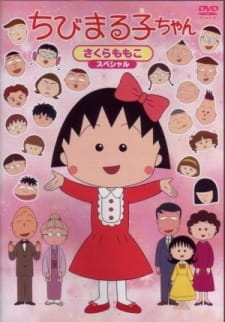
TV, 1990,
142 eps
Me:-
Author:10
The new old classic. Manages to get an unbelievable amount of investment to the product by the force of association by itself and because of that establishes a similar emotional experience than in the older approach without actually using it.
Score: 95/100
Score: 95/100

TV, 1987,
48 eps
Me:-
Author:10
Very distinct product with constant spirit and strong establishment early.
Score: 93/100
Score: 93/100
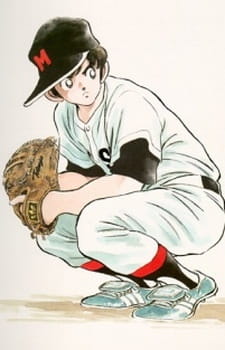
TV, 1985,
101 eps
Me:-
Author:10
Another more of a spirited approach which as a product proved its worth and was successful.
Score: 93/100
Score: 93/100
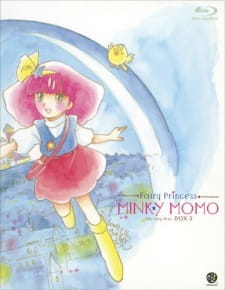
TV, 1982,
63 eps
Me:-
Author:10
More inline with the older approach but the spirit is relatively new.
Score: 92/100
Score: 92/100
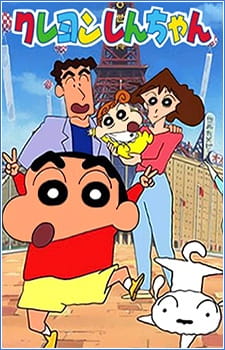
TV, 1992,
? eps
Me:-
Author:10
More of a diverse approach with emphasis on the character instead of the product however the orientation of the spirit of the product relies on the popular approach.
Score: 92/100
Score: 92/100
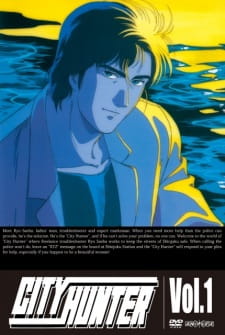
TV, 1987,
51 eps
Me:-
Author:10
The spirit established itself strongly throughout the presentation of the products.
Score: 91/100
Score: 91/100

TV, 1983,
52 eps
Me:-
Author:10
Utilises the older approach partly but establishes it through the spirit of the newer approach.
Score: 91/100
Score: 91/100
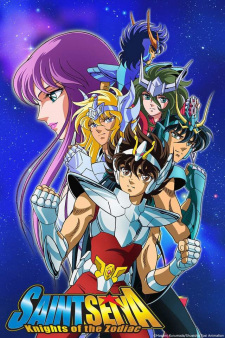
TV, 1986,
114 eps
Me:-
Author:9
Product uses elements from the older approach but the presentation of the elements orients itself more towards the product than the experience.
Score: 90/100
Score: 90/100
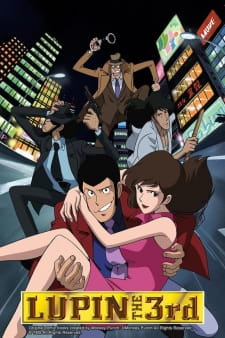
TV, 1977,
155 eps
Me:-
Author:9
Kind of a outlier and combo of the "Anime Song" and the later "Spirited" version. Included here because of that.
Score: 90/100
Score: 90/100

TV, 1982,
36 eps
Me:-
Author:10
Relatively character focused, essentially laid foundation to the Idol model of product marketing with the approach. Ahead of its time.
Score: 90/100
Score: 90/100

TV, 1986,
96 eps
Me:-
Author:10
After Urusei continued the process. Product essentially more distinct than in Urusei.
Score: 89/100
Score: 89/100
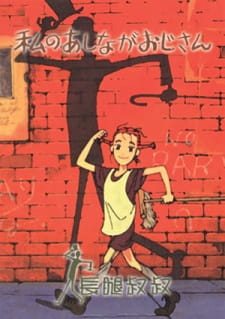
TV, 1990,
40 eps
Me:-
Author:10
Another new one from Mitsuko Horie
Score: 89/100
Score: 89/100

TV, 1985,
86 eps
Me:-
Author:10
Similar to Urusei Yatsura ezcept the product was established pretty much instantly.
Score: 88/100
Score: 88/100

TV, 1983,
42 eps
Me:-
Author:10
From the master of the "Anime Song" proved everyone that she can do the new stuff too.
Score: 88/100
Score: 88/100

TV, 1986,
153 eps
Me:-
Author:-
The product isn't as iconic as the successor but ranks pretty high still.
Score: 87/100
Score: 87/100

TV, 1982,
34 eps
Me:-
Author:10
Kind of an in-betweener essentially the old approach dressed with a newer skin, does it really well also.
Score: 87/100
Score: 87/100
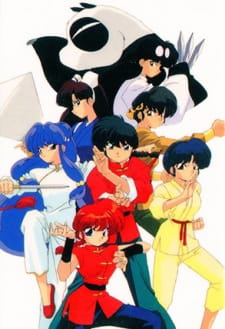
TV, 1989,
161 eps
Me:-
Author:9
Back to the roots with Ranma and the character draws parallels with the product.
Score: 87/100
Score: 87/100

TV, 1995,
52 eps
Me:-
Author:9
Empowring spirit provides enhancing strength to the performance.
Score: 87/100
Score: 87/100

TV, 1983,
73 eps
Me:-
Author:10
Similar situation to Urusei the presentation also relies similarly on the character as far as the spirit goes.
Score: 86/100
Score: 86/100

TV, 1989,
124 eps
Me:-
Author:9
Product more grounded than competitors but presentation enhances the spirit of the product.
Score: 85/100
Score: 85/100
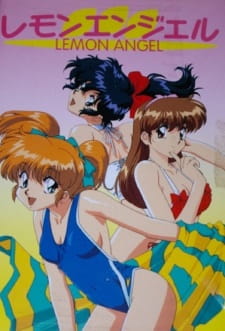
TV, 1987,
37 eps
Me:-
Author:10
Another Idol centric approach focuses on the establishment of an entity outside of the product that serves as supposed a origin of the product.
Score: 85/100
Score: 85/100
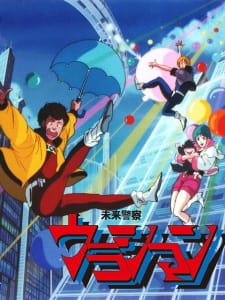
TV, 1983,
50 eps
Me:-
Author:10
Did really well as a product.
Score: 85/100
Score: 85/100
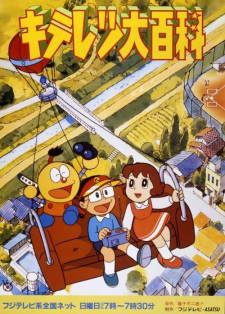
TV, 1988,
331 eps
Me:-
Author:9
The success of Doraemon was there but the new model didn't allow itself to be used as easily with the presentation used with the similar portrayal.
Score: 84/100
Score: 84/100
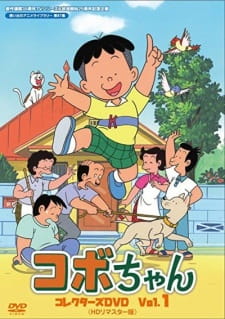
TV, 1992,
63 eps
Me:-
Author:10
A relatively mixed bag like Kiteretsu when it comes to the product.
Score: 83/100
Score: 83/100
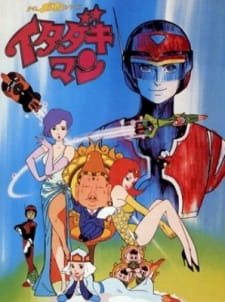
TV, 1983,
20 eps
Me:-
Author:10
Time Bokan Series, they struck gold with the old approach with Yatterman they tried to get into the new one with Itadakiman but it didn't go as well.
Score: 82/100
Score: 82/100
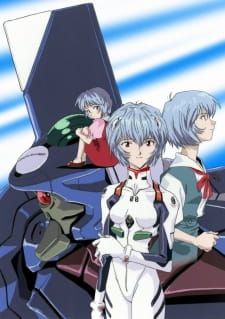
TV, 1995,
26 eps
Me:-
Author:10
Kind of a culmination point on how the product is presented and how it presents itself. Established a point where the product on its own does as good. Enabled a further emphasis on products that stand on their own but don't rely on "the spirit" as a factor of establishing the connection with the product and the experience as a whole.
Score: 82/100
Score: 82/100
